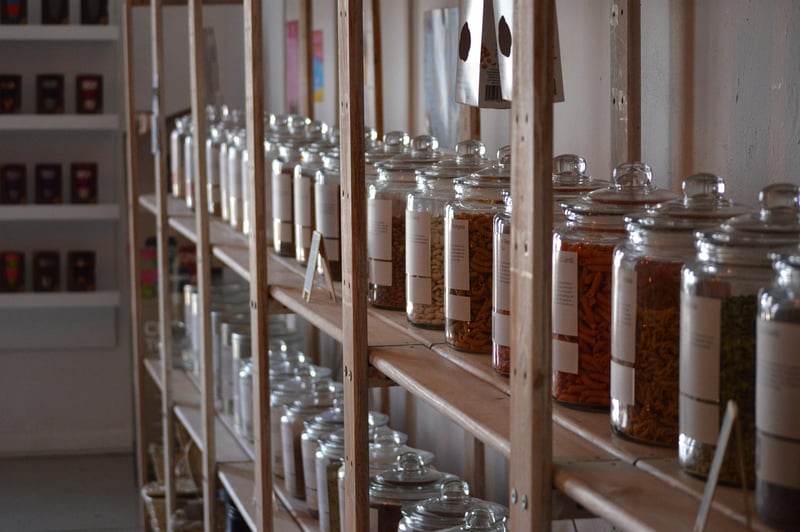Sustainable Food
The Rise of Vertical Farming: Pioneering Sustainable Agriculture
In recent years, a groundbreaking trend has emerged in the world of agriculture – vertical farming. This innovative approach to cultivating crops is revolutionizing traditional farming practices by utilizing vertical spaces to grow food in a sustainable and efficient manner.
What is Vertical Farming?
Vertical farming is the practice of growing crops in vertically stacked layers or inclined surfaces, often integrated into other structures like skyscrapers or warehouses. By utilizing hydroponic or aeroponic systems, vertical farms can produce a wide variety of crops in a controlled indoor environment without the need for soil.
The Benefits of Vertical Farming
- Maximizing Space Efficiency: Vertical farming allows for the efficient use of urban spaces, making it possible to grow crops in areas where traditional farming is not feasible.
- Water Conservation: By using recirculating water systems, vertical farms can significantly reduce water consumption compared to conventional farming methods.
- Reduced Carbon Footprint: Vertical farming minimizes the need for transportation and eliminates the use of chemical pesticides, leading to lower carbon emissions and a more sustainable food production process.
- Year-Round Production: With controlled environments, vertical farms can produce crops year-round, ensuring a consistent food supply regardless of external weather conditions.
Examples of Vertical Farming Innovations
Several companies and organizations have embraced vertical farming to address food security and sustainability challenges. One notable example is AeroFarms, a vertical farming company that has developed cutting-edge technologies to optimize crop growth in indoor environments.

Another pioneering company in the vertical farming industry is Plenty, which focuses on using data-driven insights and automation to enhance crop yields and quality.

The Future of Sustainable Food Production
As the global population continues to grow, the demand for food increases, putting pressure on traditional farming practices and natural resources. Vertical farming offers a sustainable solution to meet these challenges by producing food efficiently, conserving resources, and reducing environmental impact.
With ongoing advancements in technology and a growing focus on sustainability, vertical farming is poised to play a significant role in shaping the future of food production and ensuring a more resilient and environmentally friendly food supply.
Embrace the future of farming with vertical agriculture and join the movement towards a more sustainable and food-secure world!
